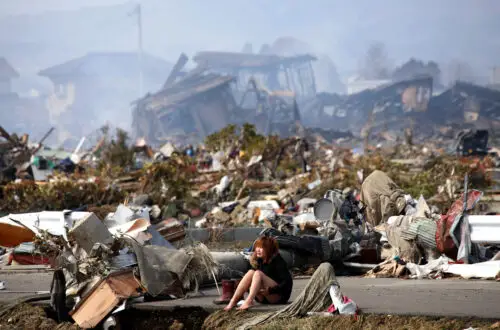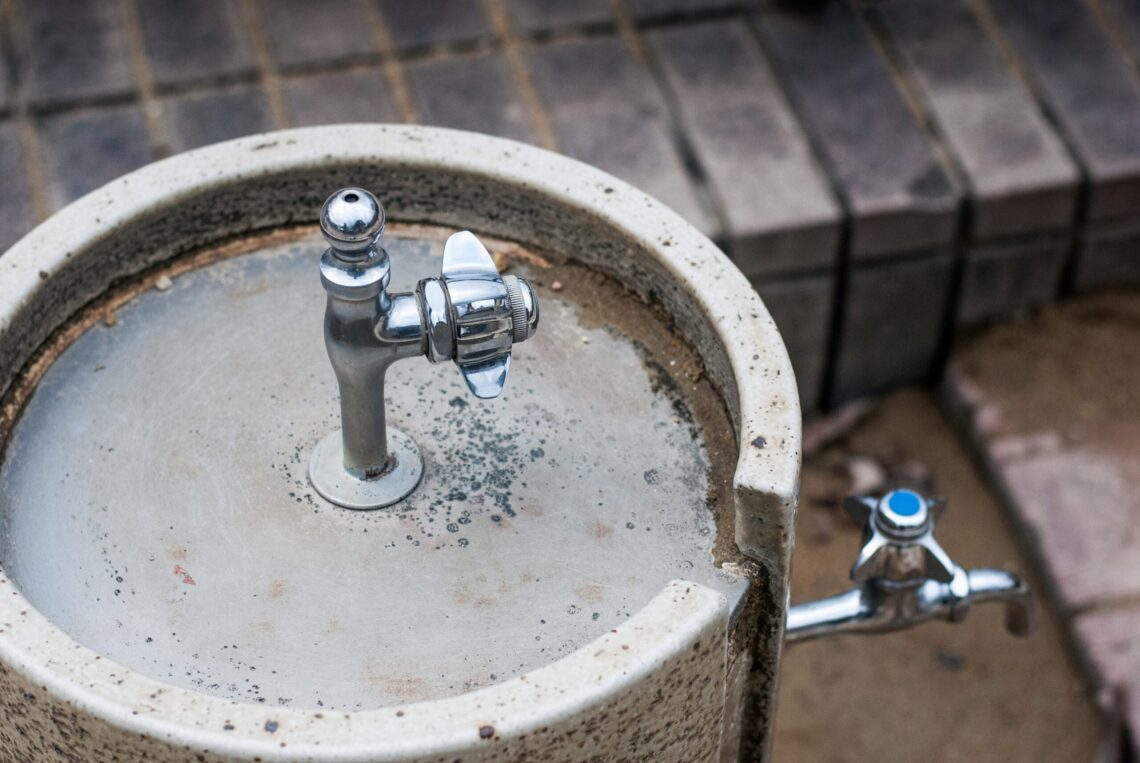
Drinking Tap Water in Japan: Can You Do It?
Are you moving to Japan or planning a short stay? Did you check the water quality there? According to a recent study, 25% of travelers develop travelers’ diarrhea in the first two weeks abroad. This should not happen to you. This is why it makes sense to ensure that the water available is fit for drinking purposes.
The tap water in Japan is extremely safe to consume. This is all thanks to the strict quality control process conducted on tap water in Japan that is mandatory by law.
People visiting Japan often have questions about the quality of drinking water available there. They want to know if safe drinking water is readily accessible and what all things they must keep in mind to ensure easy supply of water.
If you are one of those, we have got you covered! In this article, we will cover all important aspects related to drinking water in Japan. Let’s get started.
Why is Water Quality Important?

According to WHO, contaminated drinking water could lead to a range of health problems ranging from mild gastrointestinal distress to more serious bacterial diseases.
In many cases, travelers fall sick because of the pathogens that are foreign to their immune systems, such that locals consuming water from the same supply do not report any problems while travelers do.
This is the reason that when you are traveling abroad, you are warned against drinking tap water. Thankfully, this is not the case for Japan. The country has swift supply of drinking water such that the tap water is drinkable too.
Is It Safe To Consume Tap Water In Japan?
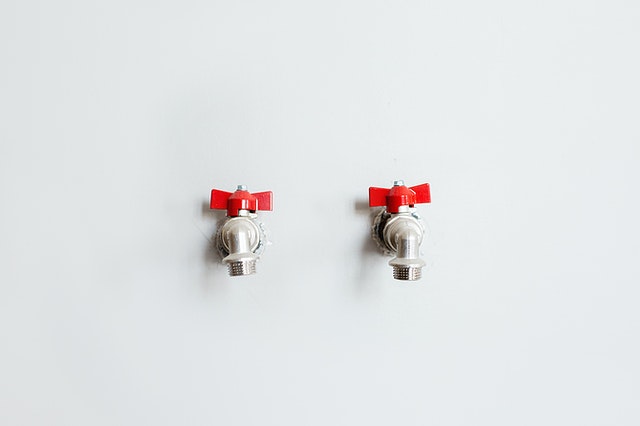
In general, Japan is one of the only 50 countries out of a list of 196 countries that have portable tap water.
Japan’s tap water goes through a rigorous quality check process consisting of 51 criteria (while mineral water only satisfies 18 of them) to ensure that the water is safe to drink. These criteria also include tests like the strict removal of radioactive substances and control of residual chlorine quantity during the purification process.
Well, it is not only the tap water that deserves appreciation, but the quality services provided by the waterworks department of the country are worth applauding too. Their pipes have fewer leaks, equipment is well maintained, and water purification technology is one of the best in the world.
Water Purification Process in Japan
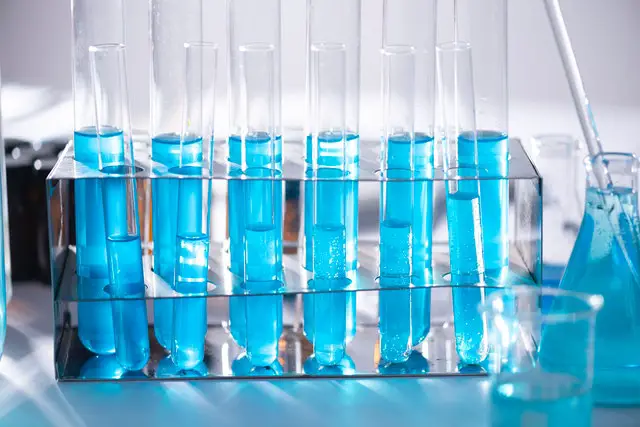
Japan follows a rigorous water disinfection process. To begin with, water is treated with a small amount of chlorine, such that its leftover traces in the water do not have any adverse effects on your health.
You might find it surprising to know that Japan’s regulations for public water suppliers are stricter when compared to those concerning bottled spring water. On top of that, if you are in Tokyo, you will find that the water is extremely drinkable, all because of the metropolitan’s waterworks’ strict water treatment plan that focuses on around 200 parameters for ensuring quality and safety.
However, there are people who suggest that they can smell chlorine in Japanese tap water. If you have a sensitive nose, we will recommend you prefer bottled mineral water over tap water.
Japan predominantly has soft water that contains less than 80mg of magnesium per liter. When the levels of magnesium exceed 120mg, the water becomes hard water. Since most of the drinking water available in the West is hard water, you might find the texture of soft water to be smoother. This s because hard water is slightly bitter and has a distinct flavor to it.
How to Identify Drinkable Tap Water in Japan

Japan adopts systematic and rational approach towards everything, and drinking water is no exception. Once you have spent enough time in the country, you will realize that most parks contain two water faucets, installed on two different levels.
The idea is simple. The water tap placed on the top provides drinking water for humans to consume. On the other hand, the tap at a lower level is for animals to help them quench their thirst and for washing hands and other similar purposes.
To avoid any confusion, the water that can be directly drunk comes with an appropriate label.
Okay, But What is Tokyo Water?

Good question!
So if you visit malls, and supermarket stores in Japan, you will likely come across Tokyo Water. Basically, it is bottled Tokyo tap water, and the concept behind it is pretty interesting.
The entire idea behind Tokyo tap water was to use this product for Tokyo PR purposes. While you might find it a bit weird to pay money for buying tap water, but think this as a souvenir from Tokyo.
Japanese Dishes Owe a Lot to the Delicious Water
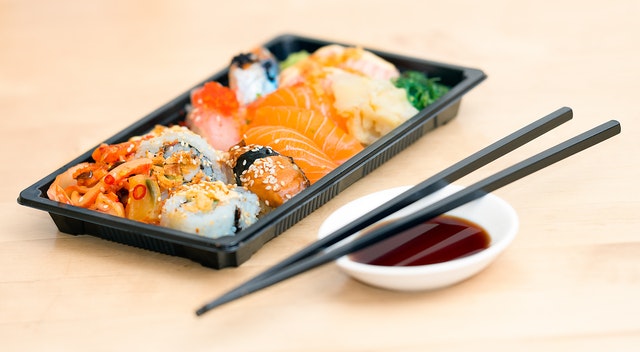
Since hard and soft water varies greatly in terms of their taste, each of these water types is suitable for a certain type of dish. It is believed that the mild taste of soft water is one reason that Japanese dishes like tofu and soba taste delicious.
On the same lines, there is another dish called dashi which is prepared using simmering kombu and other ingredients. It is said that the dish gets its flavor as soft water is used for its preparation which helps in extracting the varied flavors from ingredients used.
That is to say, soft water makes the flavors come out more strongly, and this is perhaps why Japanese teas also taste bitter and distinct.
Bottled Water in Japan
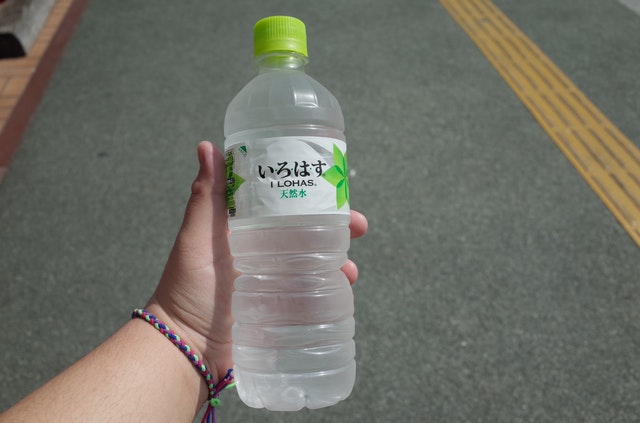
Although tap water in Japan is safe for human consumption and offers a range of benefits, as a traveler, you might still find it strange to consume tap water.
Further, the recent instance wherein Japanese authorities issued a warning against the consumption of tap water raised the eyebrows. For starters, Japanese authorities warned that infants in Tokyo and surrounding areas must not be given tap water after radioactive iodine was detected in the water supply.
To be on a safer side, you might want to buy bottled mineral water, and thankfully, there are is a huge variety available in Japan. Bottled water can be conveniently purchased from vending machines, convenience stores, and supermarkets.
Here are the types of mineral water commonly available:
Sparkling Water
Sparkling water is a carbonated beverage that can be sourced from vending machines, and supermarkets. The most popular brands that provide carbonated water include Suntory and Wilkinson.
Regular Mineral Water
You can find an array of regular mineral water qualities in Japan, all sourced from places like Mt. Rokko and Mt. Fuji. These places have delicious and clean water springs. This is the reason that the brands providing this type of water will vary depending on the area you are buying it from.
However, other world-renowned brands like Crystal Geyser and Evian too.
It is important to mention here that Japan’s water is soft, and so is the bottled mineral water. If you want to drink hard water, it is best to go for global brands like Evian.
Aroma-Infused Water
In addition to the types mentioned above, you can also get aroma-infused and flavored water in Japan. While these water bottles may look similar to regular mineral water, they have a certain aroma. This means that they might have a sweet flavor or a fruity or citrus scent.
A bit strange, but you can also get yogurt-flavored water here.
The only way to distinguish between the plain water from the flavored one is by observing their packaging. More often than not, flavored water will contain images of fruits on the label. Further, this water type is also a bit pricier in contrast to regular water, costing around 140 yen.
Make The Best Use of Japanese Water
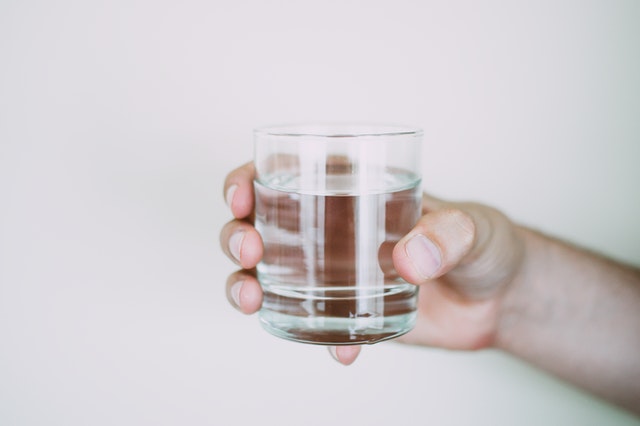
Japanese water therapy is getting immensely popular due to the range of benefits that it has on offer. So, if you are in Japan, it might be the right time to test this therapy as well.
The practitioners claim that Japanese water therapy could treat constipation within 10 days, diabetes and high blood pressure within a month, and cancer within 6 months.
All you need to do is drink water at room temperature on an empty stomach, ideally after waking up. This will cleanse the digestive system, and heal a range of conditions.
Well, we are not sure if the hype is true. But giving this therapy a try seems to be logical, no? However, make sure that you do not overhydrate or water intoxicate yourself.
The Wrap Up
To conclude, yes, you can drink tap water in Japan. It is completely fit for drinking. However, the water might taste a bit soft if you are from the West. But this should not worry you. Mineral bottled water from global brands that likely contain hard water is easily available.
So, what are your views on this? Have you ever been to Japan? How was the water quality in your opinion in the country? Is there anything that you would like to share with us? Do let us know in the comments below.



